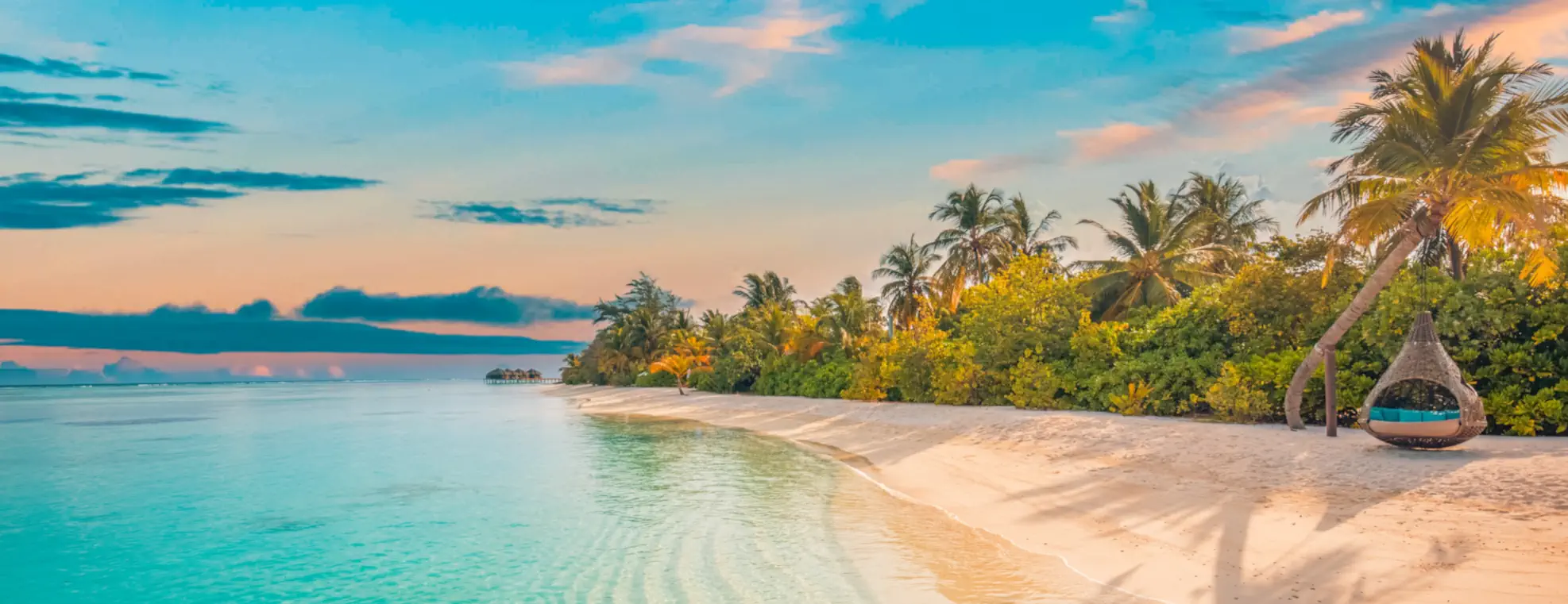-
Courses
- The PADI App
- Your eCards, Logbook, eLearning and more
- Get the App
- Continue Learning
- Browse by interest:
- Must-have courses
- Conservation
- Photography
- Cold Water
- Safety
- Advanced Skills
- Discovery
- Learn more
-
Conservation
- Conservation Programs
-
 Marine Debris
Marine Debris
-
 Shark & Ray Protection
Shark & Ray Protection
-
 Adopt a Dive Site
Adopt a Dive Site
- Learn more
-
Travel

- Dive Resorts
- PADI Dive Resorts for all budgets, in the best dive locations around the world.
- Find & Book

- Liveaboards
- Choose from a selection of more than 250 vessels and 18,000 trips worldwide.
- Find & Book

- Adventures
- Book your fun dives, snorkelling trips and courses online with thousands of PADI Dive Centers.
- Find & Book
- PADI Adventures App
- Book your diving online
- Download Now

- PADI Dive Guides™
- All the information you need to plan your dive vacations anywhere in the world.
- Explore Guides
- Dive Sites Nearby
- PADI Dive Shops Nearby
- Learn more
-
Shop

- Certification Cards
- Replace or update your card, buy a Special Edition or Project AWARE® version of your PADI certification card, or go digital with the purchase of a PADI eCard™.
- Get a replacement card

- Gift Guide
- Give the perfect gift for your favorite ocean lover and explorer.
- Gift Now
-
Membership

- PADI Pros
-
Live a life others only dream about. Share your love of diving, experience new adventures, expand your dive skills, and help save the ocean.
- Become a PADI Pro
- Start a Free Divemaster Program
- Search Dive Jobs
- Start your Pro Journey

-
- Blog
- Find a Dive Shop
- Replace your Card
- Help
- English
- PADI App
- Your eCards, Logbook, eLearning and more
- Get the App
- PADI Adventures App
- Book your diving online
- Get the App
-
Sign In

- PADI Adventures App
- All the information you need to plan your dive vacations anywhere in the world.
- Learn more

- PADI App
- Access to tools and resources at your fingertips, curated to enhance your diving experience.
- Learn more
- My profile
- Sign in
- Create account
- Join our community!
- As a diver, with a PADI account you can access your eLearning along with many more tools to help you on your adventures!
- Learn more
 Technical Diving
Technical Diving
 Freediving
Freediving
 Emergency First Response
Emergency First Response
 FREE – Introduction to Scuba Diving Online
FREE – Introduction to Scuba Diving Online









